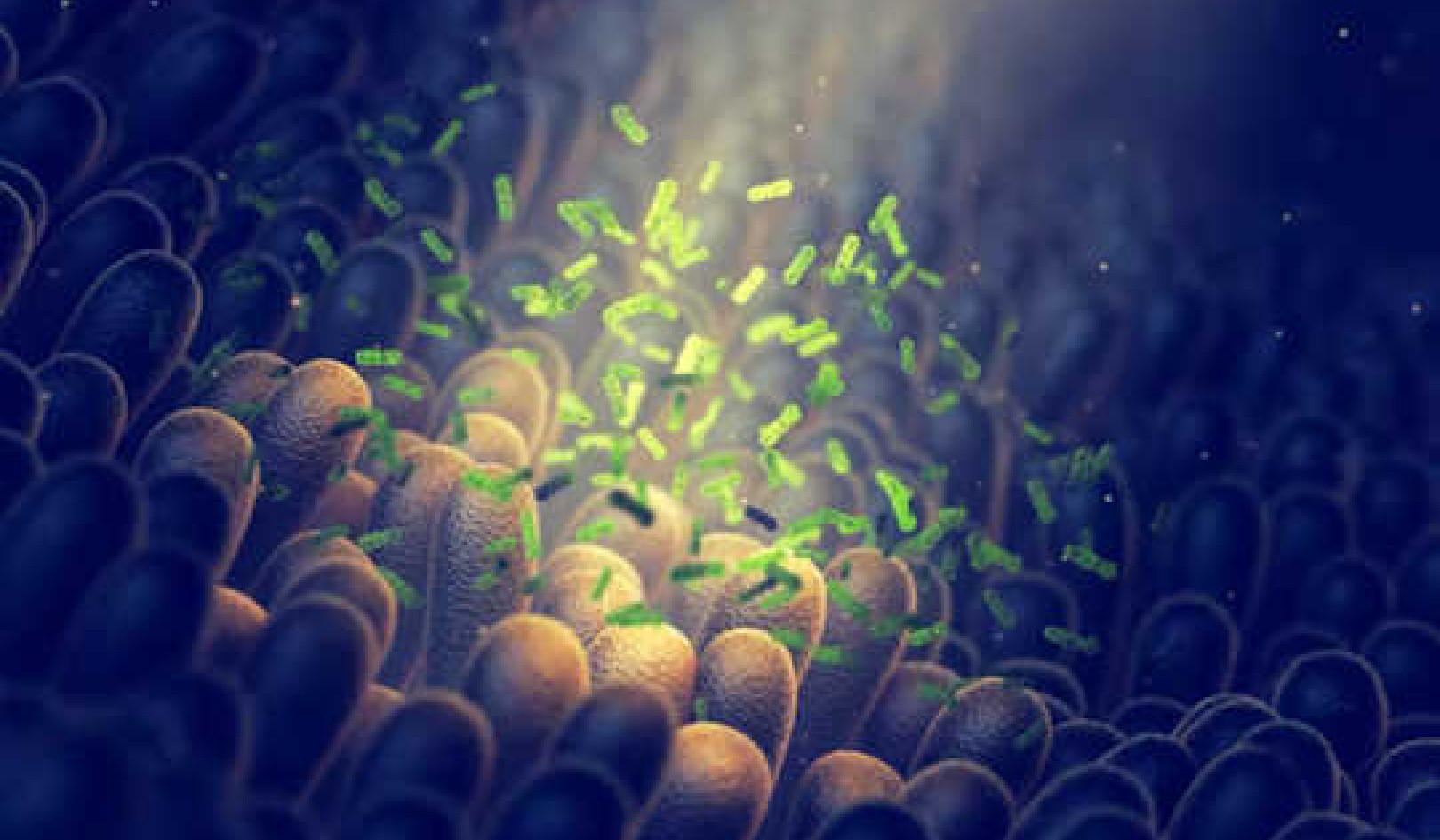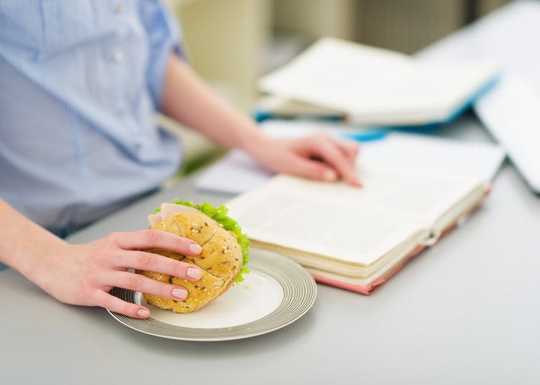
Certain foods can help your brain retain information. Shutterstock
Exam time is quickly approaching for HSC and university students. While study is at the forefront, nutrition is often the furthest thing from students’ minds. However, a healthy diet plays a vital role in attaining optimal academic performance during the rigours and challenges of exam time.
Key foods and their components have been found to enhance cognitive function, improve mental alertness and enable sustained concentration to help students learn and remember the themes, concepts or formulas for their final exam.
Protein and brain power
Protein consumed from food sources provide the body with amino acids, or the building blocks, to produce key chemicals, such as neurotransmitters for the brain. Neurotransmitters are vital for brain cell-to-cell communication. Key neurotransmitters in terms of improved cognitive function and brain health include serotonin, norepinephrine and dopamine.
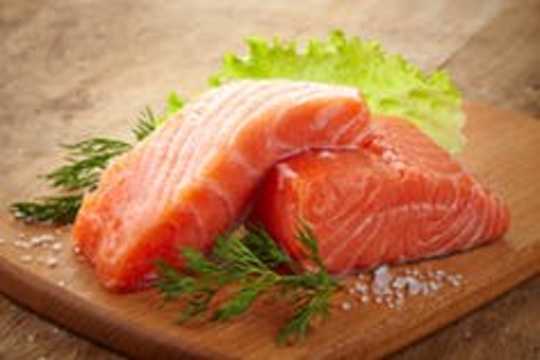 Protein helps with memory, learning and mood. Shutterstock
Protein helps with memory, learning and mood. Shutterstock
Serotonin, produced from the amino acid tryptophan, is found in brown rice, cottage cheese, salmon, red meat, carrots, peanuts and sesame seeds. It helps in the regulation of memory, learning and mood.
The amino acid tyrosine is involved in the production of the neurotransmitters norepinephrine, key to the transfer of memories to long-term storage, and dopamine, which is involved with improving motivation and activity. Tyrosine-rich foods include avocados, turkey, chicken, red meat, dairy, lentils, lima beans and sesame seeds.
The consumption of foods low in these amino acids, such as many “junk” foods, will result in low levels of serotonin, dopamine and epinephrine. This leaves students with lowered mood, concentration levels and a reduced ability to transfer learning to long-term memory. Similarly, consuming alcohol, caffeine and foods high in refined sugar will lower neurotransmitter levels such as dopamine, resulting in decreased motivation, mental dullness and an inability to focus.
Carbohydrates for sustained energy
Carbohydrates can provide sustained energy for mental alertness and concentration for those long study periods and for three-hour-plus exams. Glucose, the energy storage form of carbohydrates in the body, is the primary source of energy used by the brain. To ensure energy is sustained, students need to be careful which type of carbohydrates they are consuming.
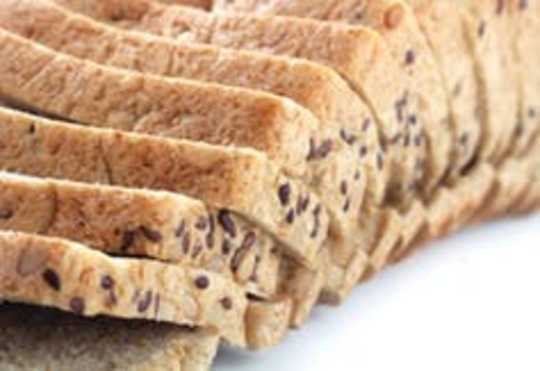 Switching from white bread to multigrain is an easy way to sustain energy. Shutterstock
Switching from white bread to multigrain is an easy way to sustain energy. Shutterstock
There are two primary forms of carbohydrates, complex carbohydrates and simple carbohydrates. Complex carbohydrates are found in wholegrain cereals, breads, pastas, fruits and vegetables. Simple carbohydrates, as their name suggests, comprise single carbohydrate units such as glucose or fructose and are found in lollies, muesli bars, energy bars and drinks, and soft drink.
In the body, complex carbohydrates are absorbed a lot more slowly. The slower absorption rate means that energy is slowly released and available for a longer time. This allows students to be more alert, able to concentrate and commit information to memory for longer and more effectively.
Sugar burn-out
Sugar burn-out refers to the impending “high” and subsequent “crash” after consuming foods containing high levels of simple or refined carbohydrates.
 Too much sugar = bad for brain. Shutterstock
Too much sugar = bad for brain. Shutterstock
As the sugar from these foods is quickly absorbed by the body there is a rush of glucose into the bloodstream, creating a short burst of energy, a “high”. The body (and brain) quickly use up this energy and the high is just as quickly followed by a burn-out or “crash”, leaving the person feeling lethargic, irritable and sleepy. Learning is not committed to memory and come exam time information cannot be effectively recalled.
Sustaining nutrition for a long exam
To ensure students have energy for that exam of three hours or more, they should eat a light meal comprising carbohydrates and protein - for example, baked beans on wholemeal toast or an egg or tuna salad wholemeal sandwich - one to two hours beforehand.
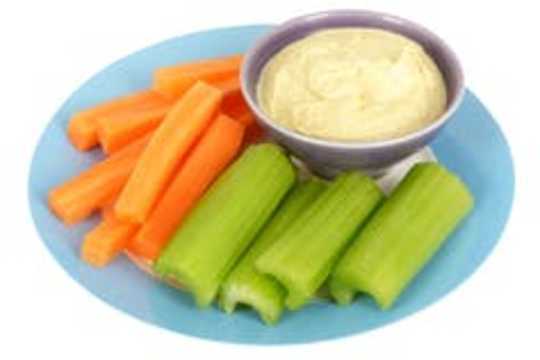 Even if you’ve been unhealthy all year, starting now will still help. Shutterstock
Even if you’ve been unhealthy all year, starting now will still help. Shutterstock
If the student is nervous, then they should try a snack of vegetable sticks and hummus or wholemeal raisin toast around one hour beforehand. This way their body and brain will be fuelled to go. In terms of fluids, water is best.
Brain function is influenced by short-term and long-term dietary changes. For overall health and optimum academic performance it is better to consume a healthy diet comprising a mix of fruits, vegetables, meats, cereals and dairy over the longer term. If nutrition has not been a primary focus over the last couple of months, then making dietary improvements now can help towards students achieving academic goals.
Remember the healthier the food, the more effective your brain is at retaining information and the better you’ll perform come exam time.
About the Author
Tanya Lawlis, Assistant Professor in Food Science and Nutrition, University of Canberra
This article is republished from The Conversation under a Creative Commons license. Read the original article.
Nutrition books on from Amazon's Best Sellers list
"The Blue Zones Kitchen: 100 Recipes to Live to 100"
by Dan Buettner
In this book, author Dan Buettner shares recipes from the world's "Blue Zones," regions where people live the longest and healthiest lives. The recipes are based on whole, unprocessed foods and emphasize vegetables, legumes, and whole grains. The book also includes tips for following a plant-based diet and living a healthy lifestyle.
Click for more info or to order
"Medical Medium Cleanse to Heal: Healing Plans for Sufferers of Anxiety, Depression, Acne, Eczema, Lyme, Gut Problems, Brain Fog, Weight Issues, Migraines, Bloating, Vertigo, Psoriasis, Cys"
by Anthony William
In this book, author Anthony William offers a comprehensive guide to cleansing and healing the body through nutrition. He provides evidence-based recommendations for foods to include and avoid, as well as meal plans and recipes to support the cleanse. The book also includes information on how to address specific health concerns through nutrition.
Click for more info or to order
"The Forks Over Knives Plan: How to Transition to the Life-Saving, Whole-Food, Plant-Based Diet"
by Alona Pulde and Matthew Lederman
In this book, authors Alona Pulde and Matthew Lederman offer a step-by-step guide to transitioning to a whole-food, plant-based diet. They provide evidence-based recommendations for nutrition, along with practical advice for shopping, meal planning, and preparation. The book also includes recipes and meal plans to support the transition.
Click for more info or to order
"The Plant Paradox: The Hidden Dangers in 'Healthy' Foods That Cause Disease and Weight Gain"
by Dr. Steven R. Gundry
In this book, Dr. Steven R. Gundry provides a controversial perspective on nutrition, arguing that many so-called "healthy" foods can actually be harmful to the body. He provides evidence-based recommendations for optimizing nutrition and avoiding these hidden dangers. The book also includes recipes and meal plans to help readers implement the Plant Paradox program.
Click for more info or to order
"The Whole30: The 30-Day Guide to Total Health and Food Freedom"
by Melissa Hartwig Urban and Dallas Hartwig
In this book, authors Melissa Hartwig Urban and Dallas Hartwig offer a comprehensive guide to the Whole30 program, a 30-day nutrition plan designed to promote health and wellness. The book provides information on the science behind the program, as well as practical advice for shopping, meal planning, and preparation. The book also includes recipes and meal plans to support the program.





















